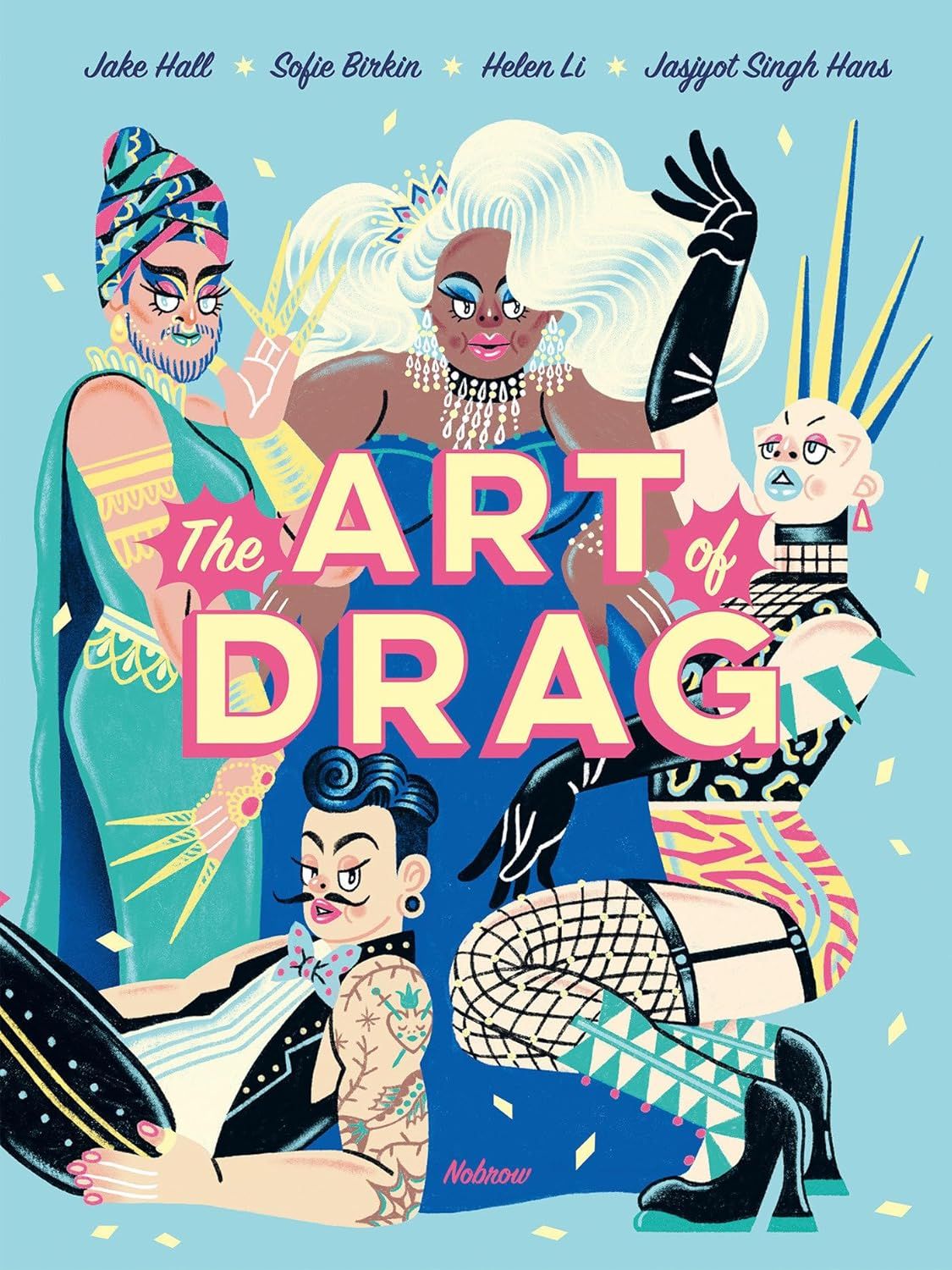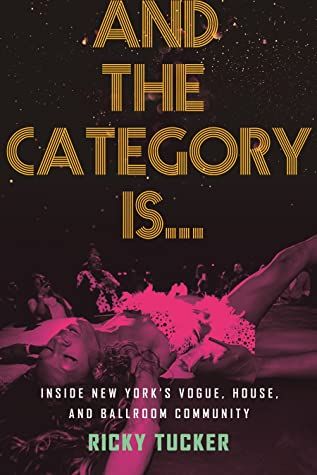This content contains affiliate links. When you buy through these links, we may earn an affiliate commission.
The popularity of RuPaul’s Drag Race brought drag into the limelight, but drag has been around a lot longer. The first drag ball in the U.S. was in 1869, held in Harlem’s Hamilton Lodge. The first person to call themselves the “queen of drag” was William Dorsey Swann, who was born into slavery in 1860. Many of the first drag queens were formerly enslaved or children of people who had been enslaved.
As drag queen story hours are targeted by terrorist groups and anti-drag laws make the news, it’s important to know what drag is and where it comes from. Drag is an art form. It’s not dangerous. And like any art form, there is a huge variety in styles: a drag queen story time is going to look very different from a drag performance in a night club.
That’s why task #18 of the 2024 Read Harder Challenge is “Read a book about drag or queer artistry.” Knowing more about drag can help you navigate the misinformation about it. And what about “queer artistry”? Well, that’s to give a bit of wiggle room. There are plenty of queer artists who play with gender and even race in performances that may not be labelled as drag but are relevant to this conversation. The beauty of the Read Harder Challenge is that there’s no one policing your choices, so interpret this task as you’d like, but my advice would be to prioritize drag and other political, boundary-pushing queer art.
There are so many books to choose from for this prompt, but here are seven options. Most of them are drag nonfiction, because that’s what I think is most relevant to the current political context, but there are plenty of drag fiction books you could choose as well.

The Art of Drag by Jake Hall, Sofie Birkin, Helen Li, and Jasjyot Singh Hans
If you’re looking for an accessible starting point, especially if you don’t have a background knowledge of drag, this short illustrated guide is a great choice. It gives a brief history of drag, tracing it back to Shakespeare performances and Kabuki theater to the New York drag ball scene to Drag Race.

And the Category Is… Inside New York’s Vogue, House, and Ballroom Community by Ricky Tucker
Despite the history of drag in the U.S. being based in Harlem with Black and Latine drag artists, there are unfortunately very few books that are by or about drag artists of color. Luckily, there’s And the Category Is… This is a history of New York’s Ballroom community, including interviews with some of the biggest names in that space.
Content for paid subscribers continues below.
For more options, check out these 15 Fabulous Books About Drag, 15 More Fabulous Books About Drag, and Books by RuPaul’s Drag Race Contestants and Winners.


